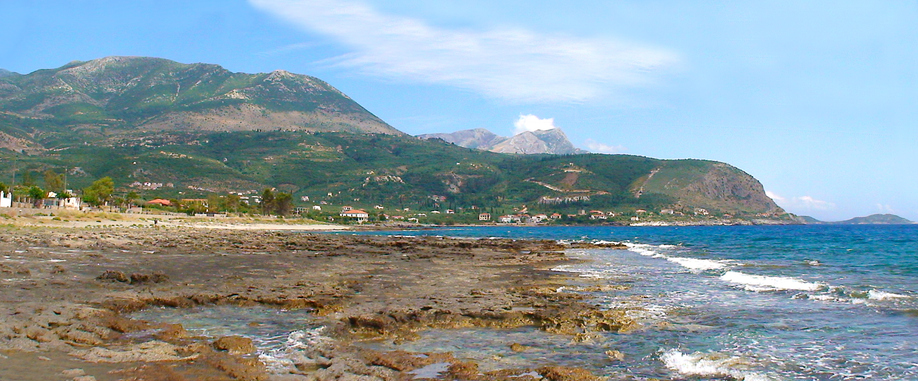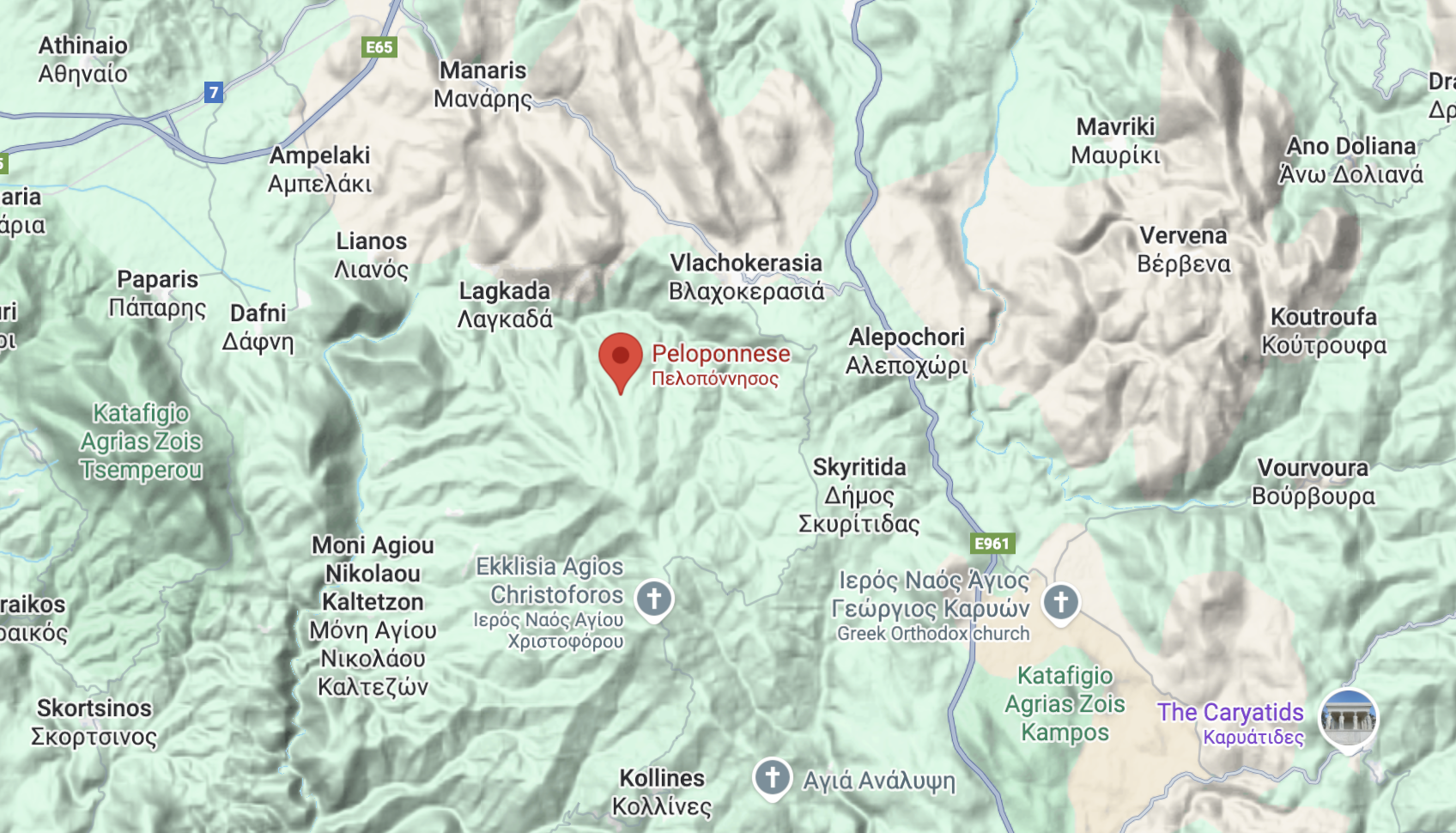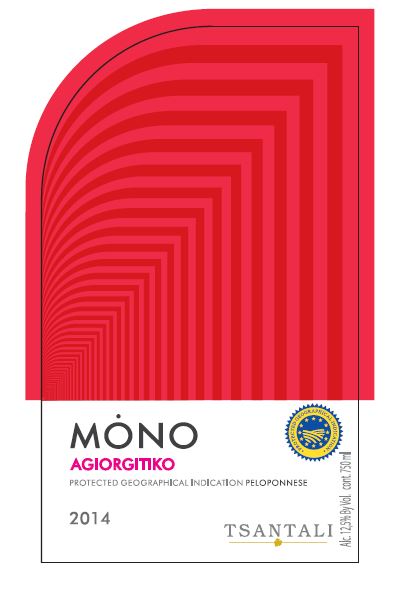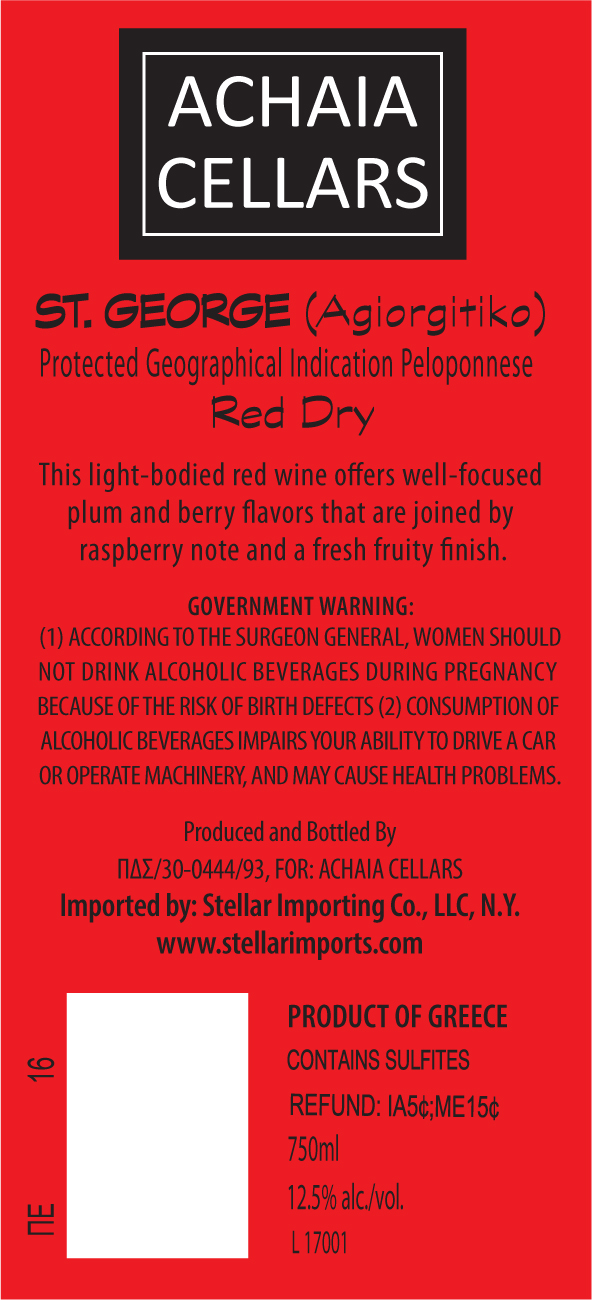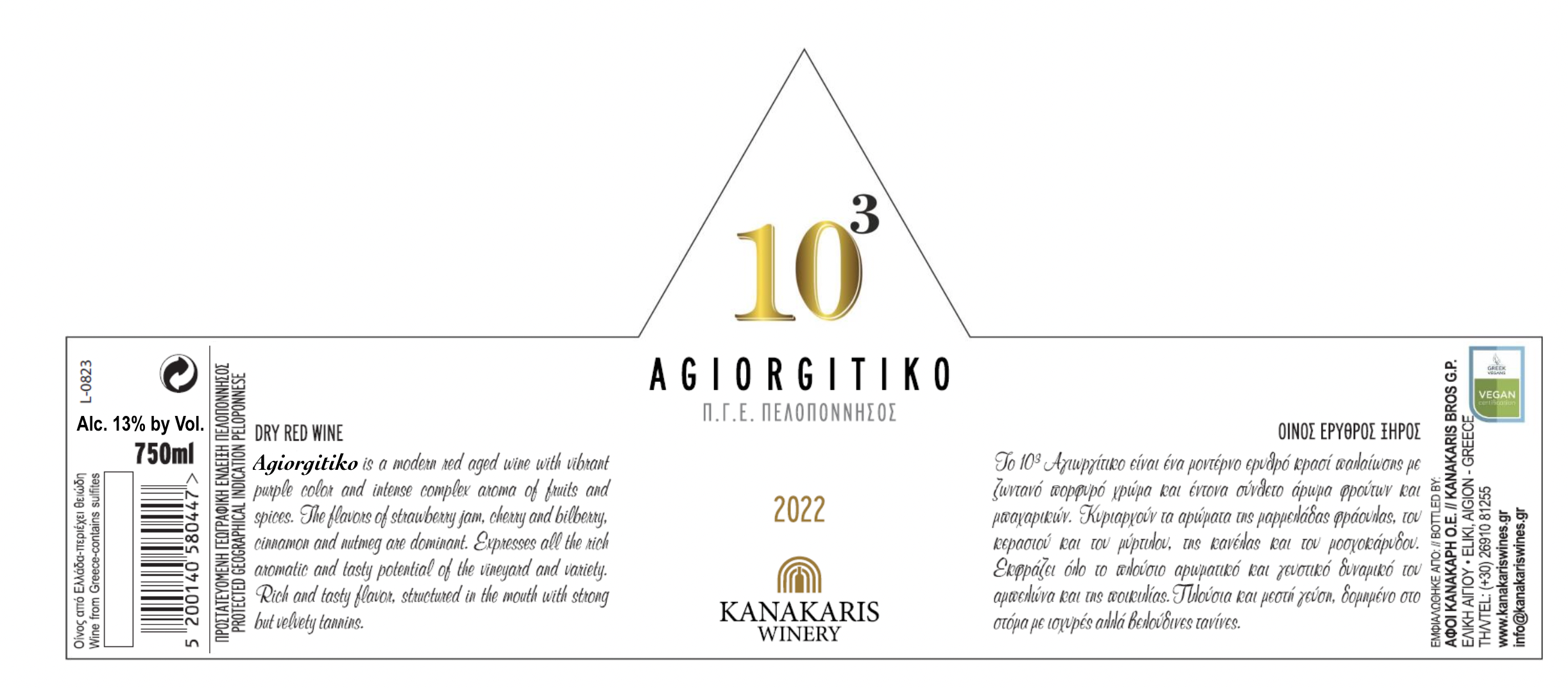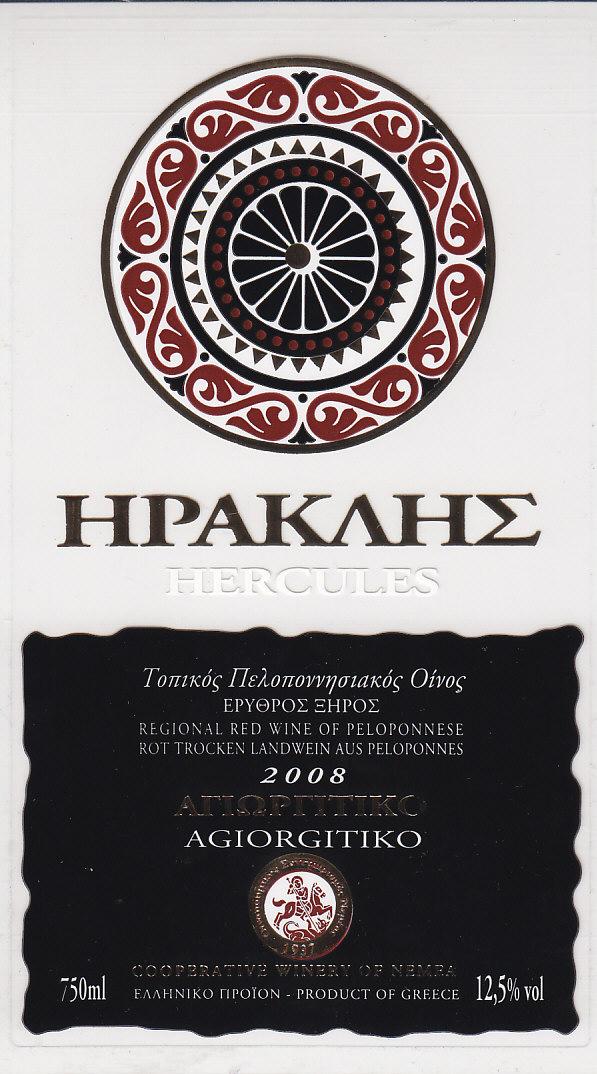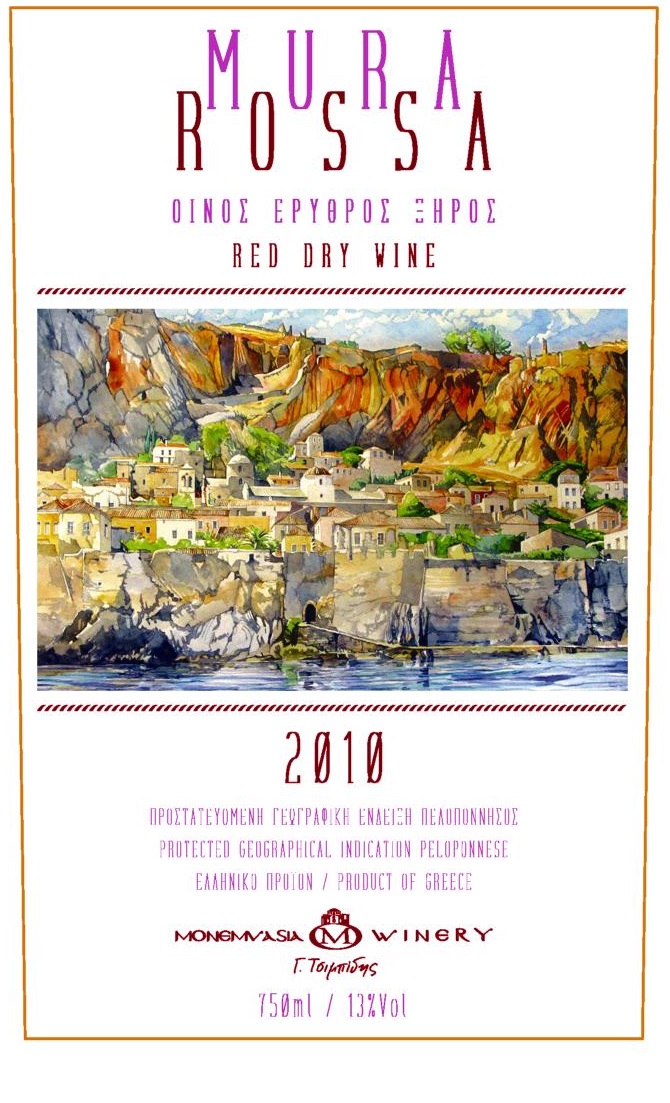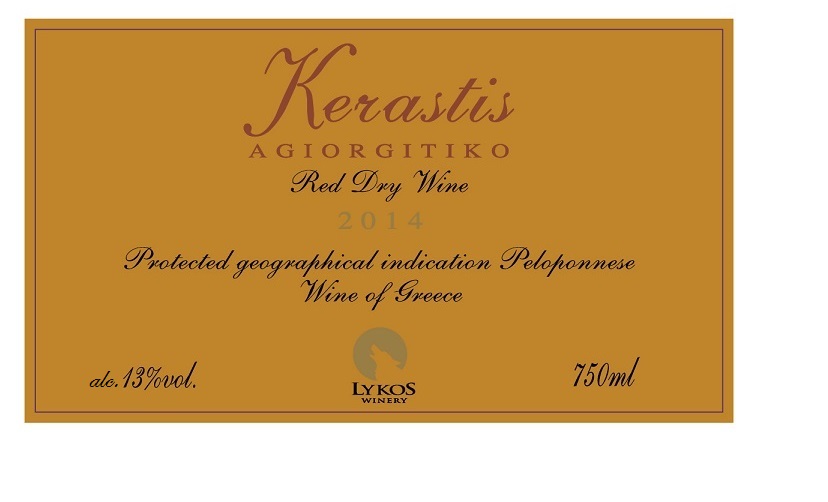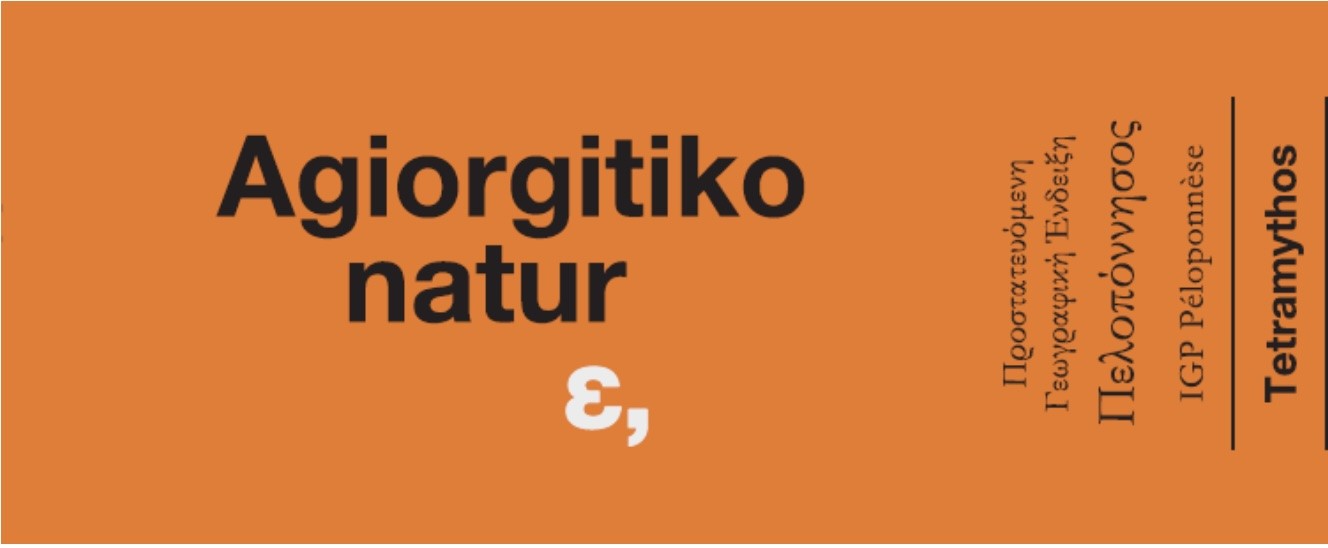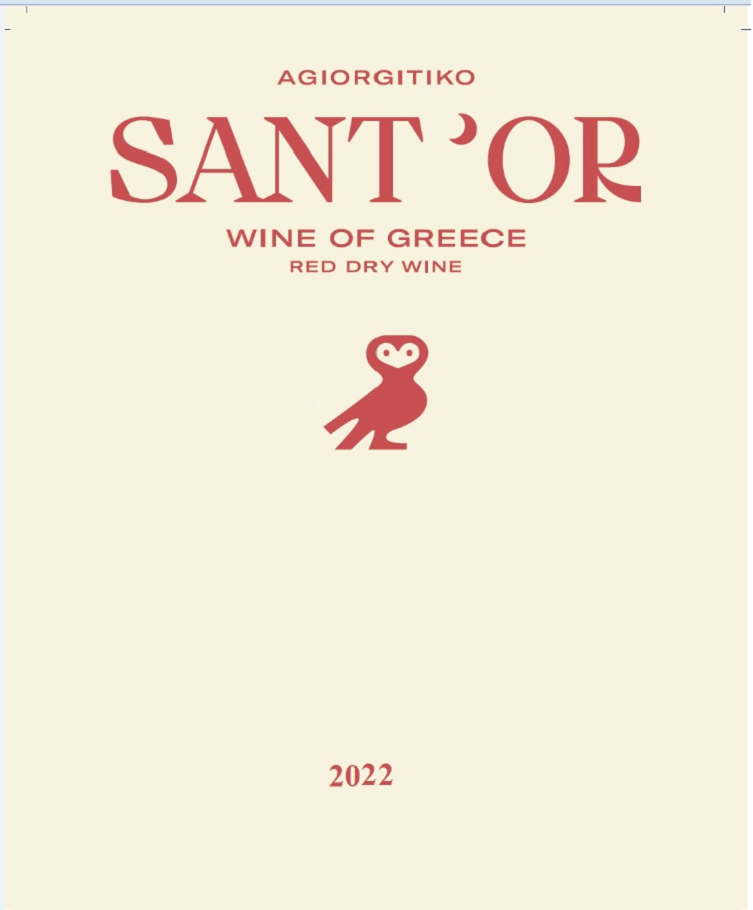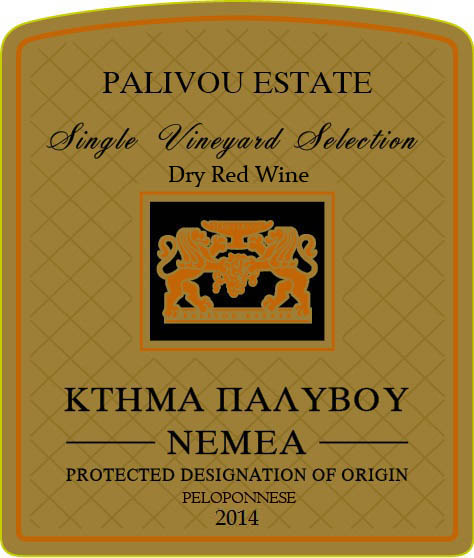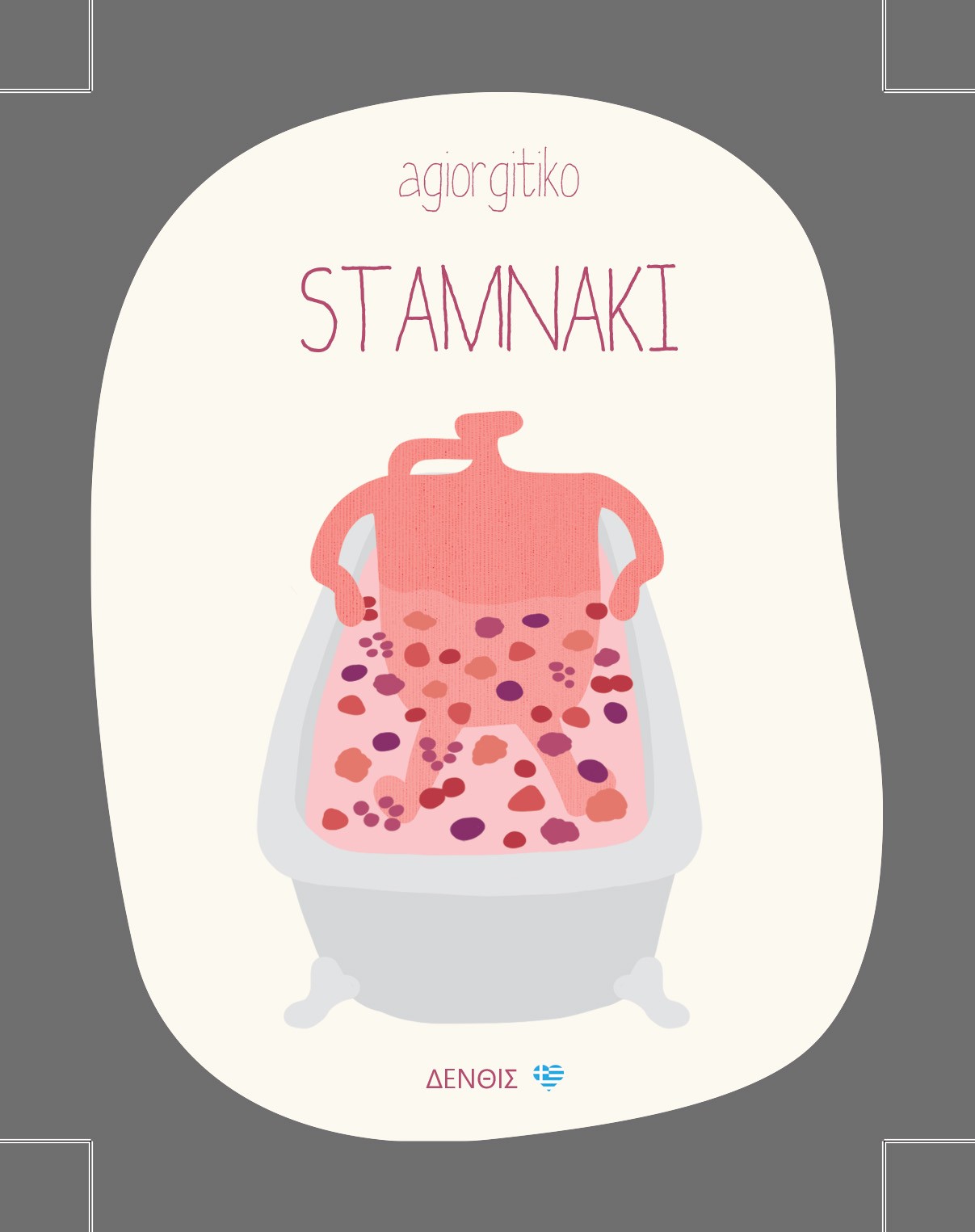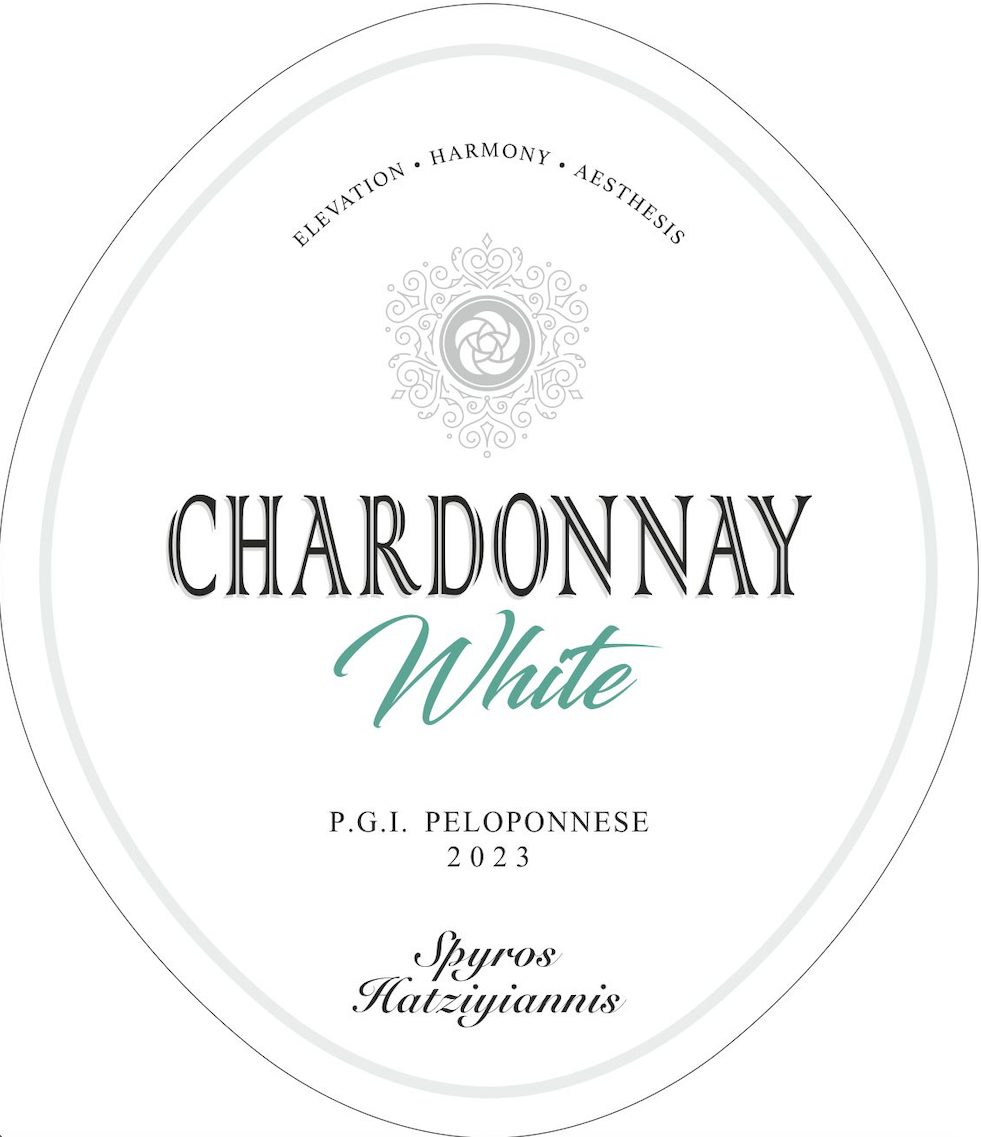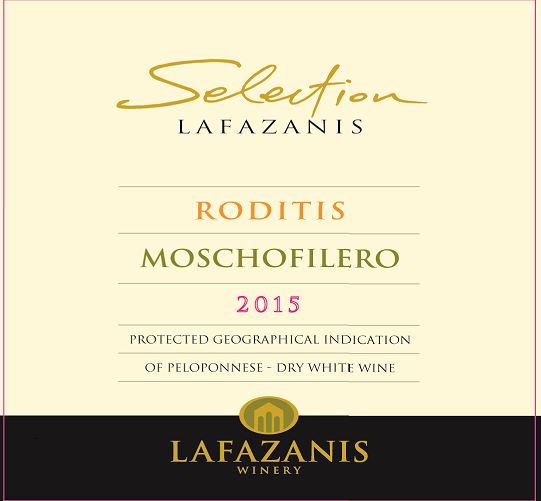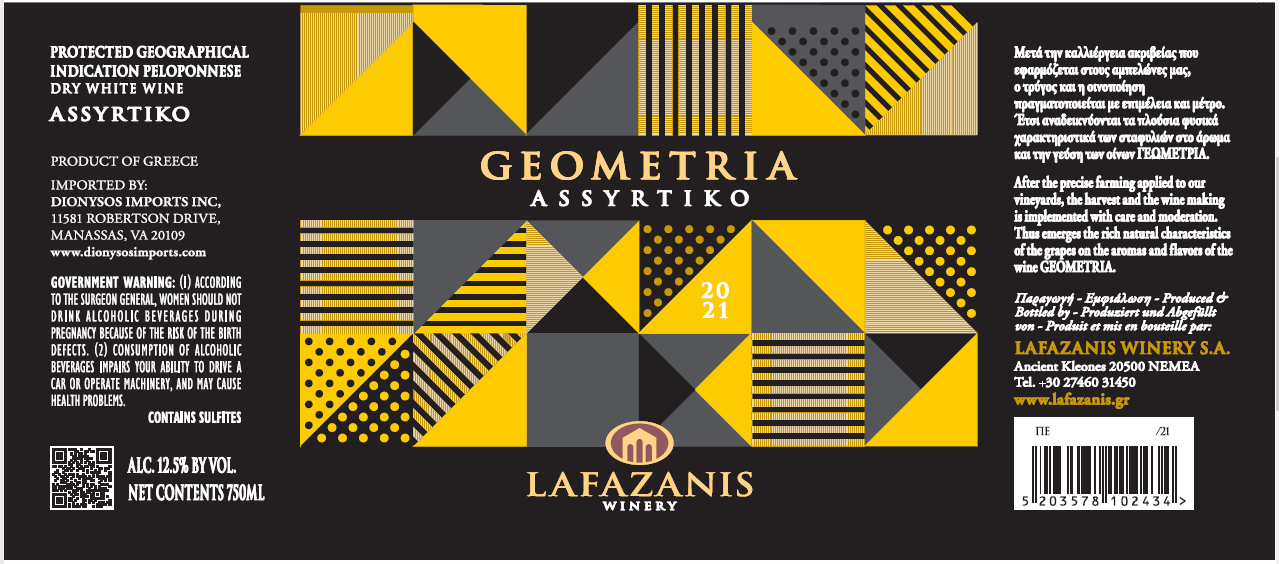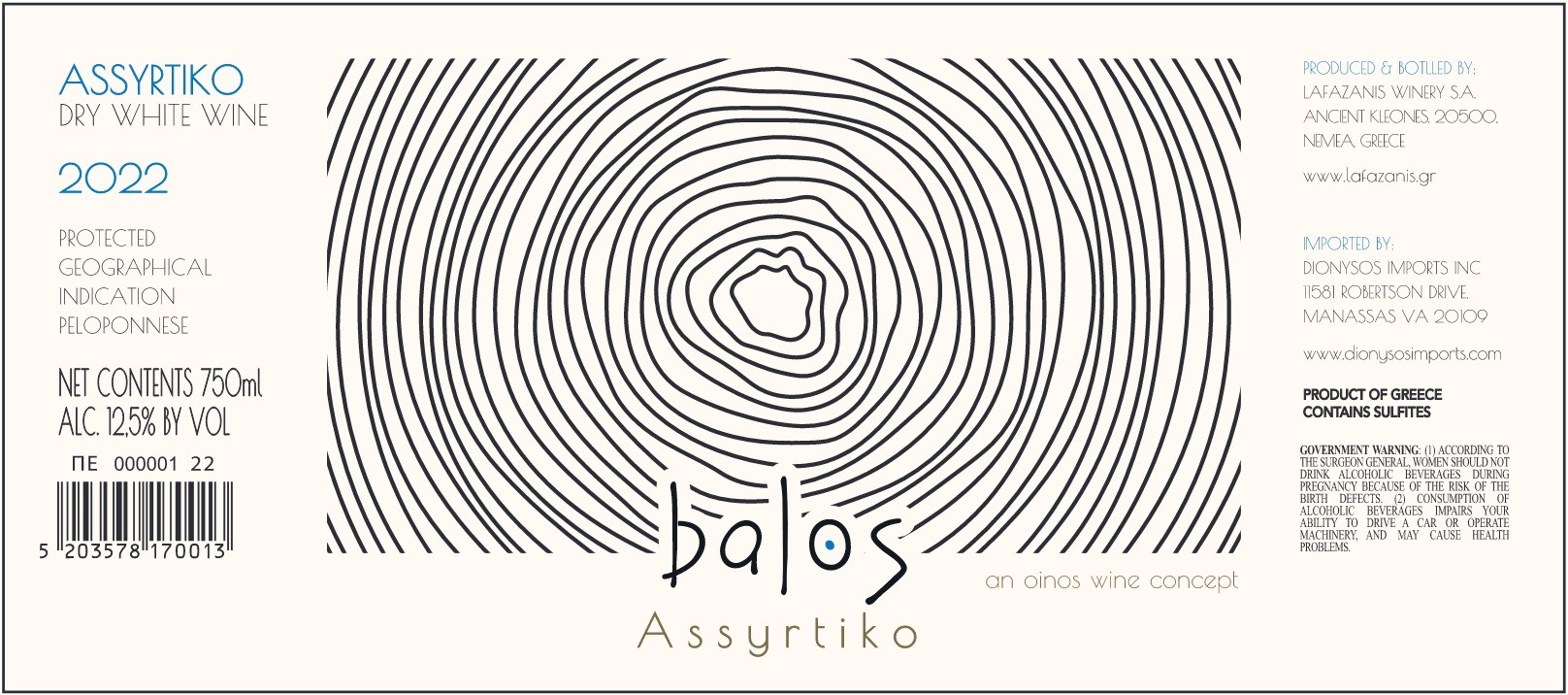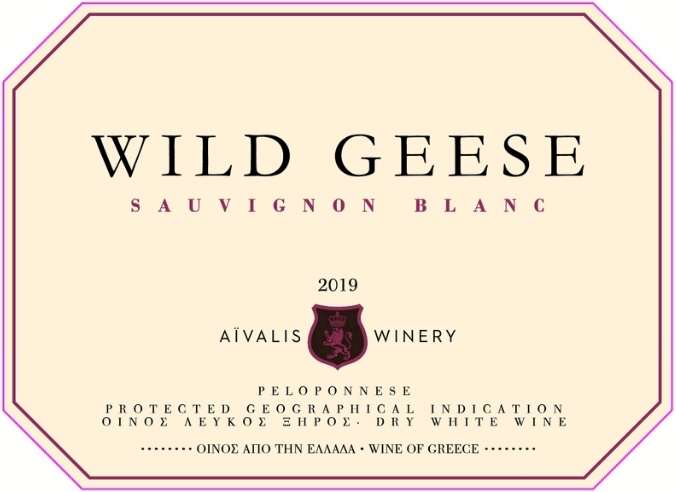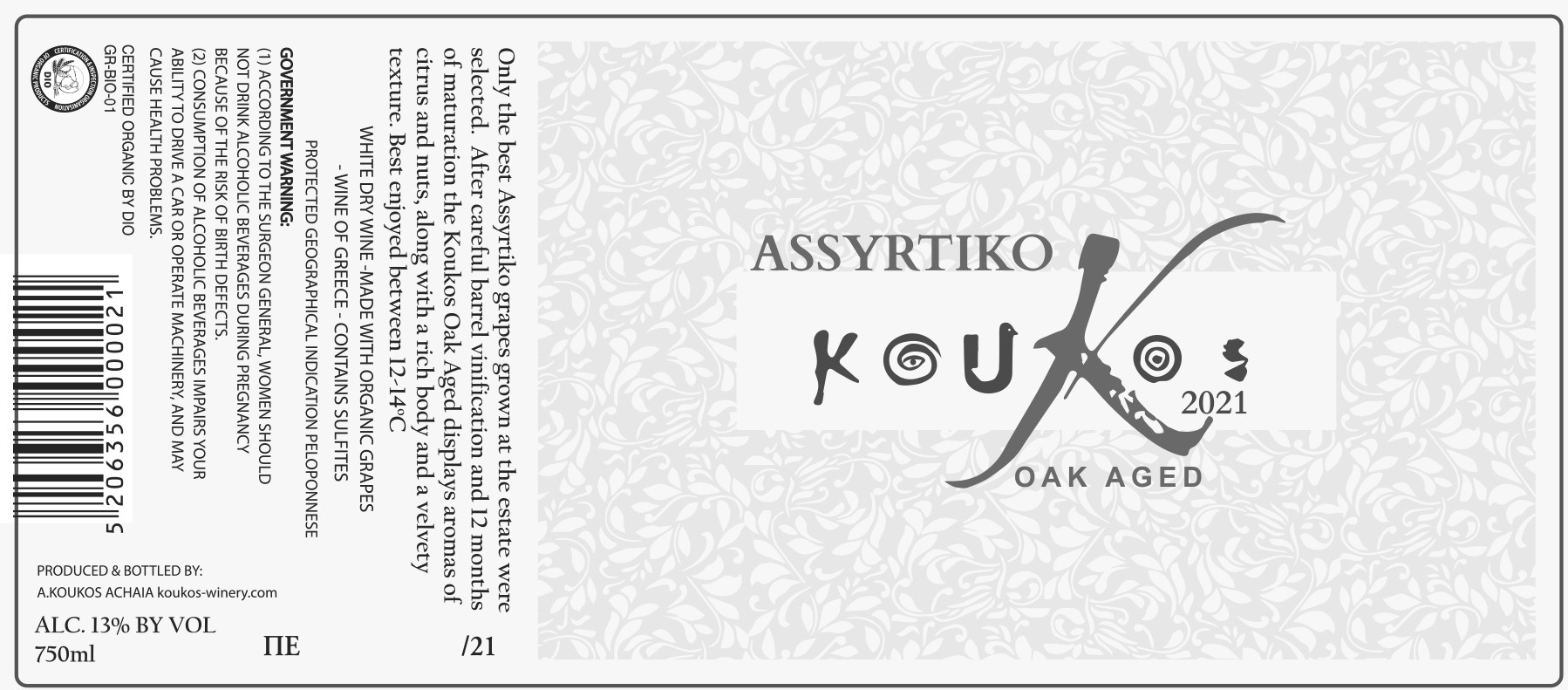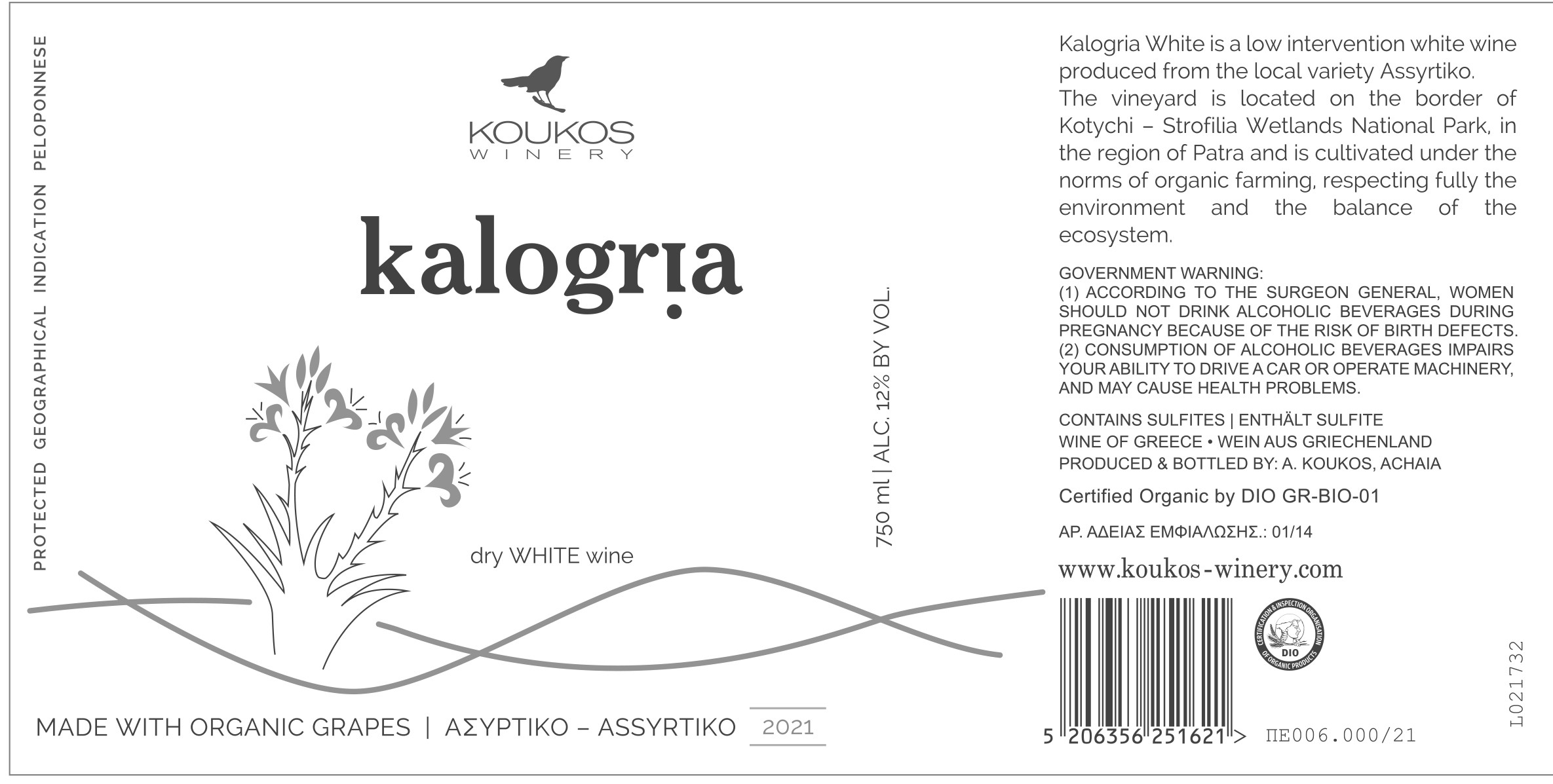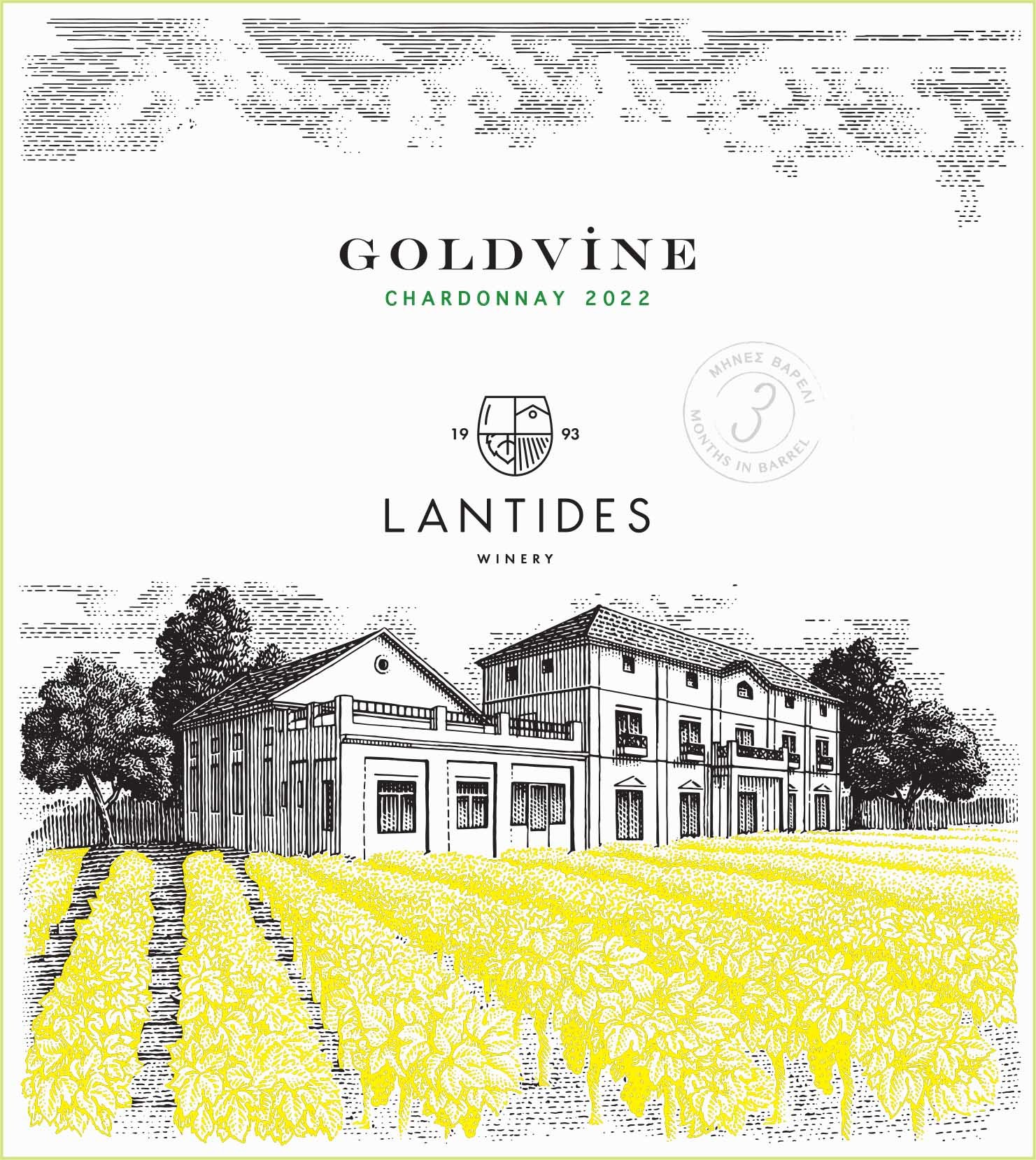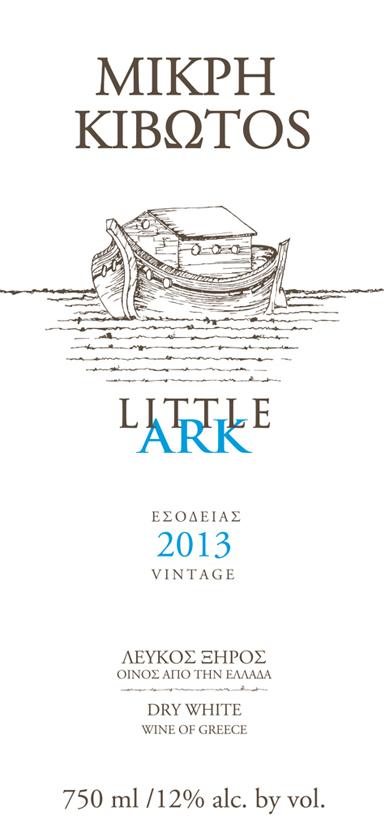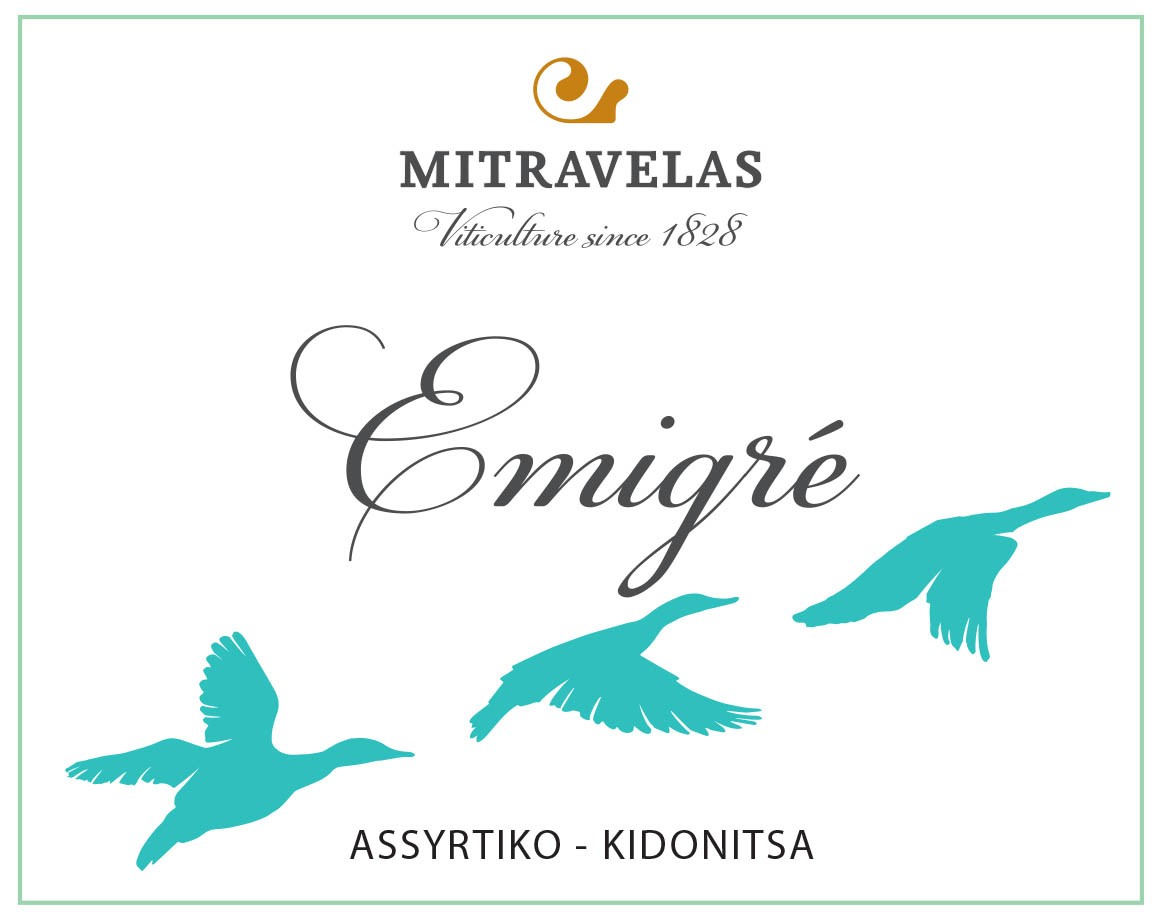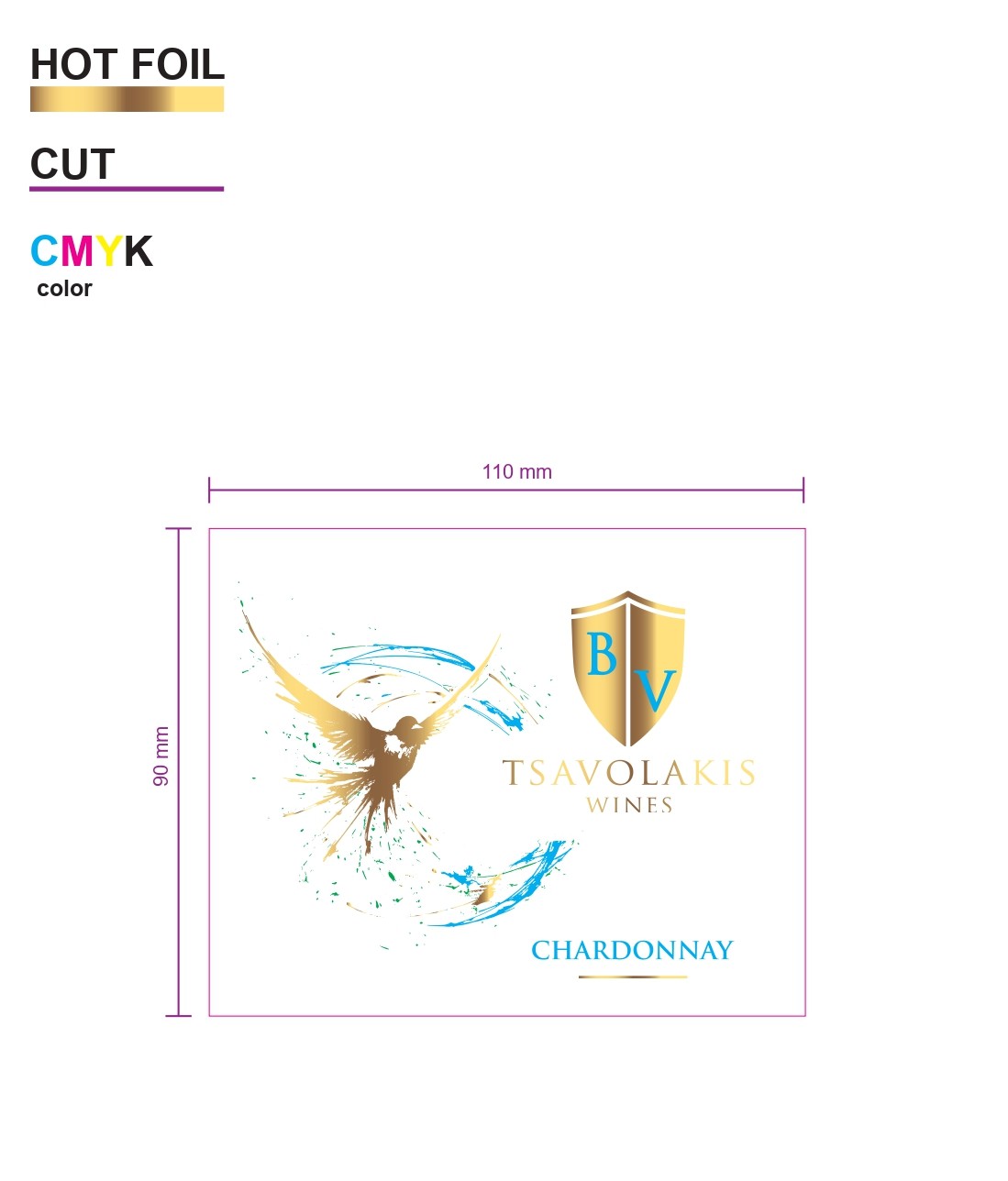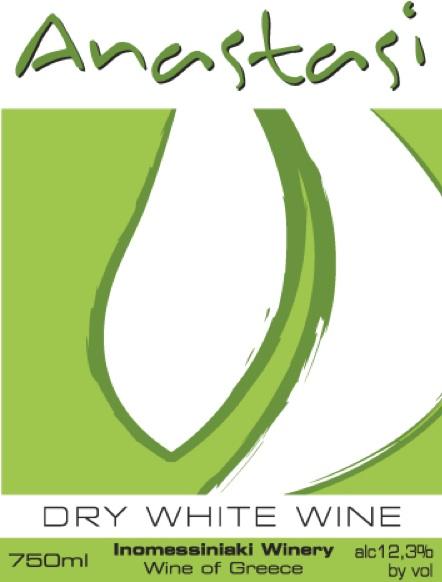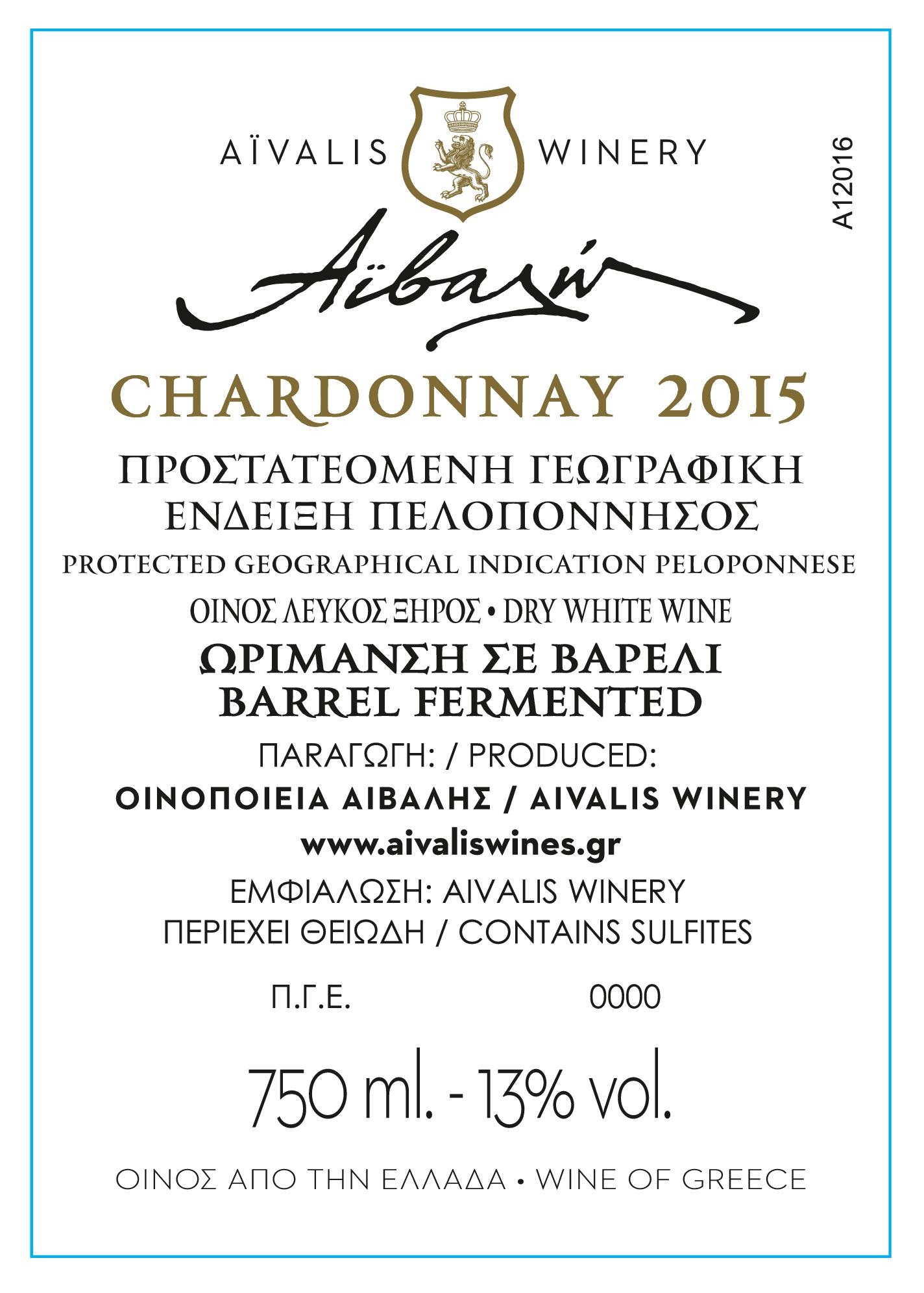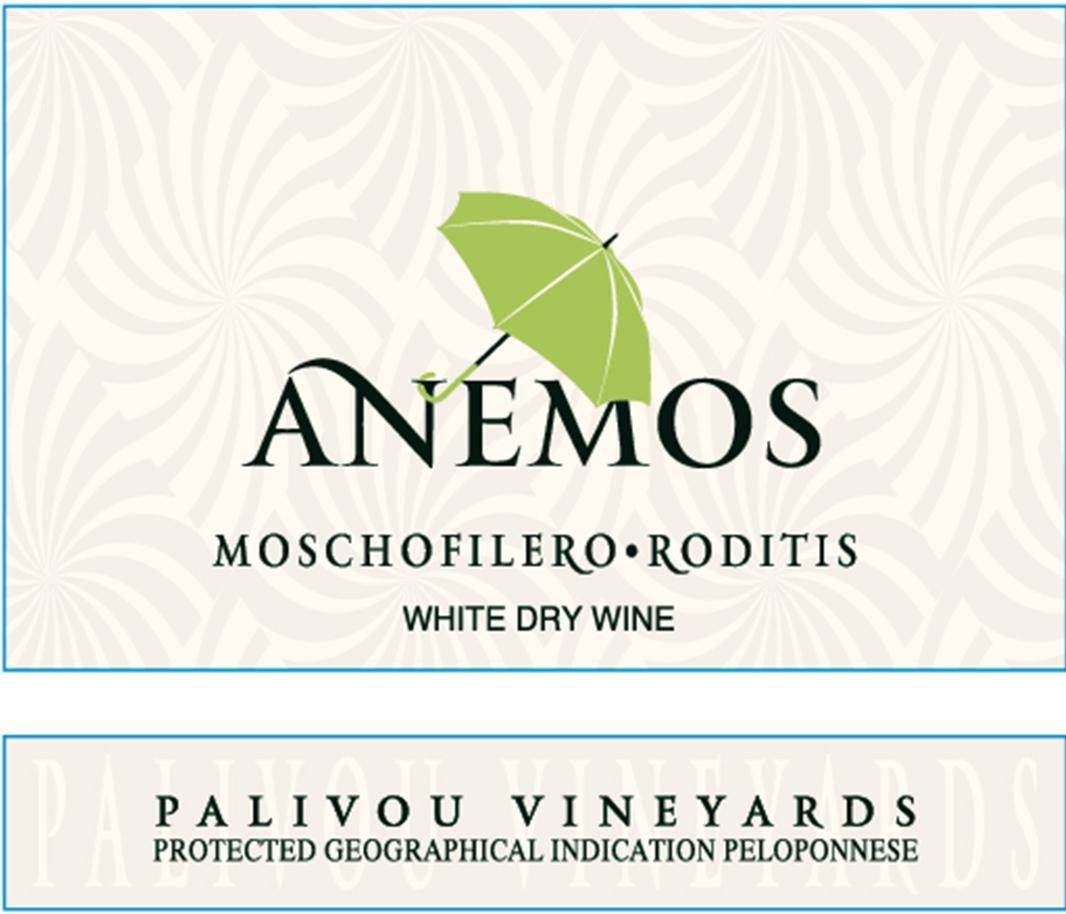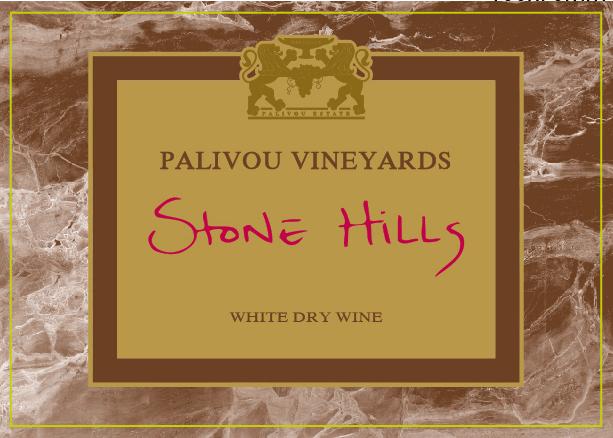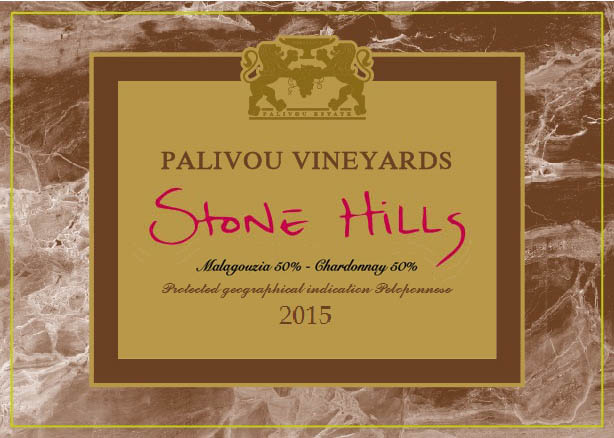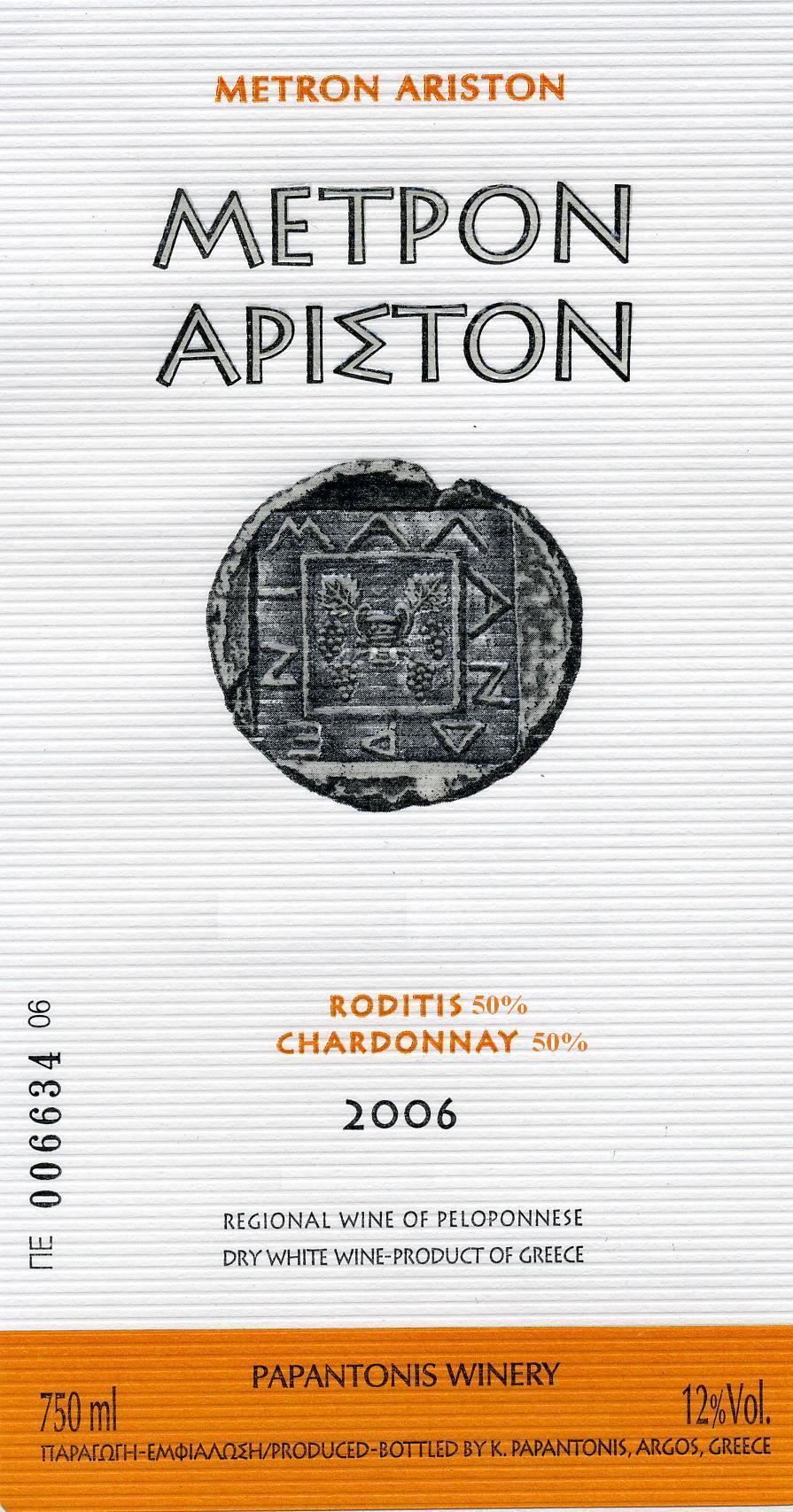Terroir of Peloponnese
The Peloponnese is a land of contrasts, with vineyards stretching across rugged highlands and gentle coastal plains. The region's diverse terroir, shaped by different soils and a Mediterranean climate, creates a dynamic environment for growing grapes. From the deep clay of Nemea to the sandy loam of Mantinia, each soil type adds unique traits to the wines. These differences, along with the cooling sea breezes and changes in altitude, form microclimates perfect for a variety of grape types.
Inland, cooler high-altitude areas extend the ripening season, preserving acidity and boosting flavor. Coastal regions benefit from the sea's moderating effects, helping grapes reach perfect ripeness. With plenty of sunshine and vineyards placed on elevated or breezy spots, the Peloponnese produces wines that are ripe and refreshing, truly reflecting its lively landscape and climate.
Notable Wineries in Peloponnese
The Peloponnese is a lively wine region where historic estates and modern wineries thrive.
Achaia Clauss Winery, near Patras, is Greece's oldest, famous for Mavrodaphne of Patras. Nearby, Tetramythos Winery stands out with organic mountain vineyards and unique wines.
In Nemea, renowned for Agiorgitiko, Seméli Estate and Gaia Wines offer top-tier tastings. Domaine Skouras in Argos and Ktima A. Papaioannou in Nemea are also key players, known for innovative approaches and organic practices.
In Mantinia, Domaine Spiropoulos and Troupis Winery excel in Moschofilero wines, blending tradition and innovation. Mercouri Estate in Ilia and Brintzikis Estate, Greece’s first green winery, focus on indigenous grapes and sustainability. Monemvasia Winery in Laconia revived the iconic Malvasia sweet wine, showcasing the region's rich heritage. The Peloponnese offers diverse wines with a blend of history and modernity.
Sustainable Winemaking in Peloponnese
In the Peloponnese, sustainability is woven into the fabric of winemaking, with many vineyards embracing organic and biodynamic practices. The focus on environmental harmony includes avoiding synthetic chemicals and using indigenous grape varieties, which make up 91% of plantings. These grapes are well-suited to local conditions, preserving genetic heritage and supporting biodiversity.
Winemakers here are also dedicated to low-intervention methods, using native yeast fermentations and minimal additives. Renewable energy and water conservation are key, with dry-farming practices and careful use of resources reflecting a commitment to eco-friendly viticulture. By blending traditional wisdom with modern innovations, Peloponnesian producers are crafting wines that are both authentic and sustainable, showcasing the region’s dynamic landscapes and ancient vinous traditions.
Wine Tourism in Peloponnese
The Peloponnese offers a rich wine tourism experience, blending ancient history with modern winemaking. The region's Wine Roads guide visitors through picturesque vineyards, linking wineries with cultural sites and coastal resorts. Key areas like Nemea, known for Agiorgitiko, and Mantinia, famous for Moschofilero, provide diverse tasting opportunities. Events like the Great Days of Nemea festival highlight local viticulture, while wineries such as Achaia Clauss and Brintzikis Estate showcase the balance between tradition and innovation in winemaking.
Beyond wine, the region's culinary offerings, from local cheeses to seafood, enhance the tasting experience. Easy access from Athens and well-marked scenic routes make exploring the Peloponnese's wine country convenient and rewarding, allowing visitors to immerse in its vibrant culture and diverse landscapes.
